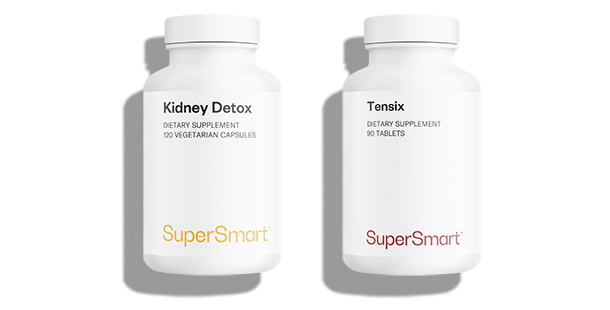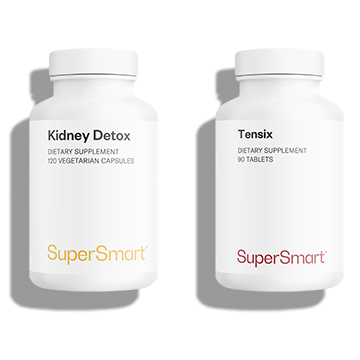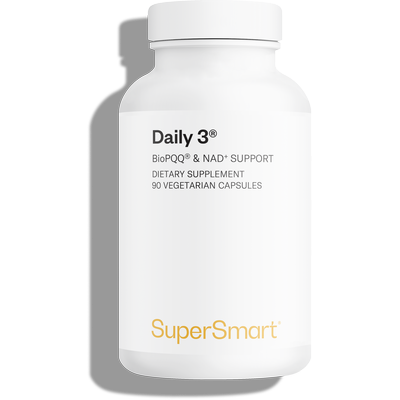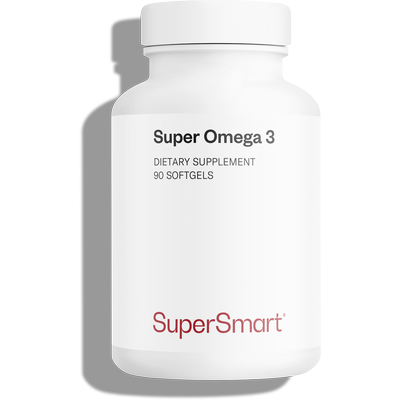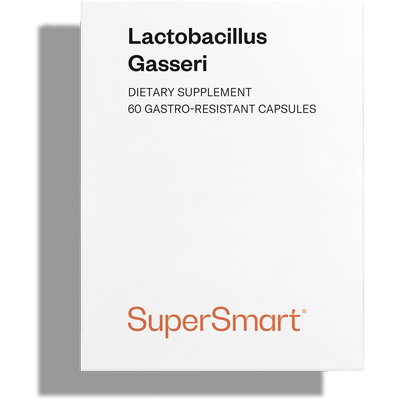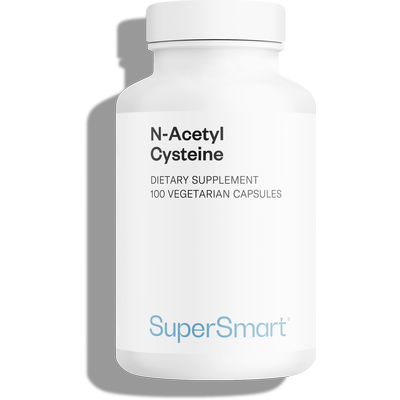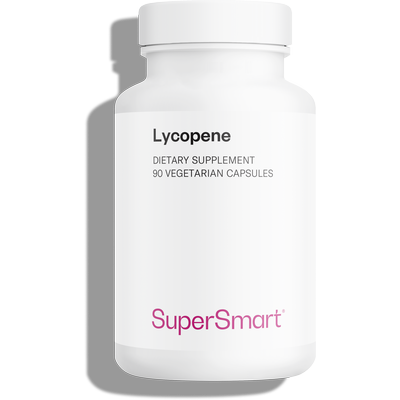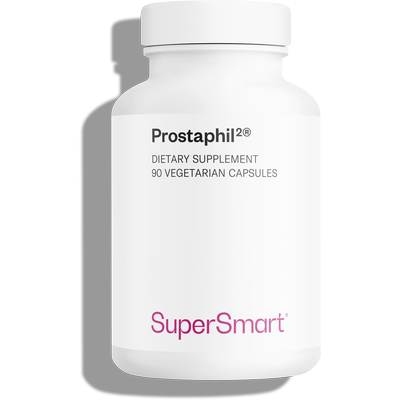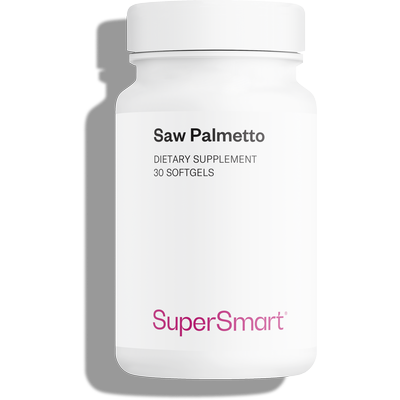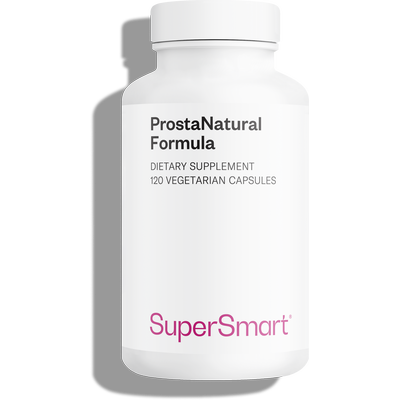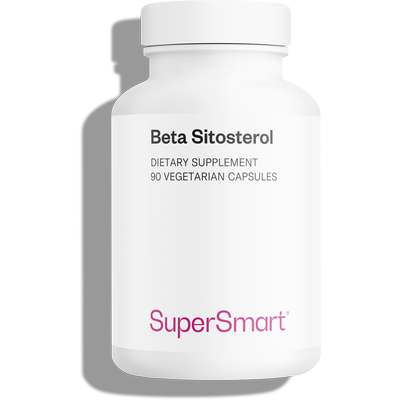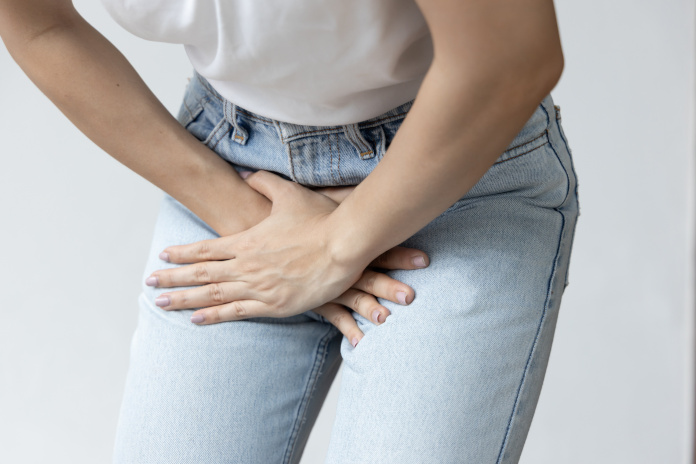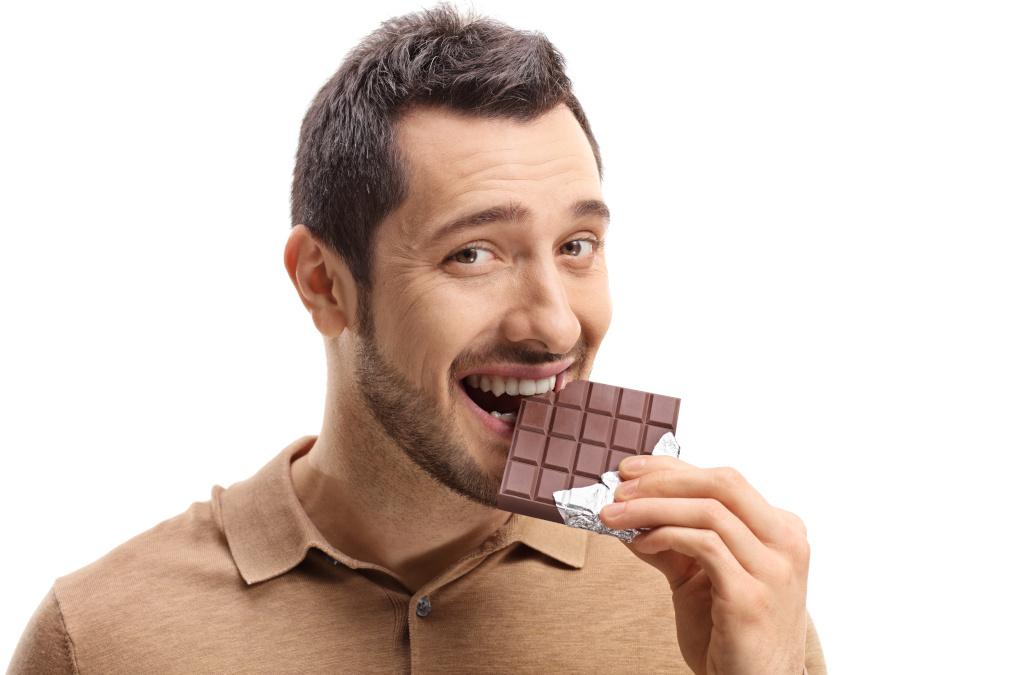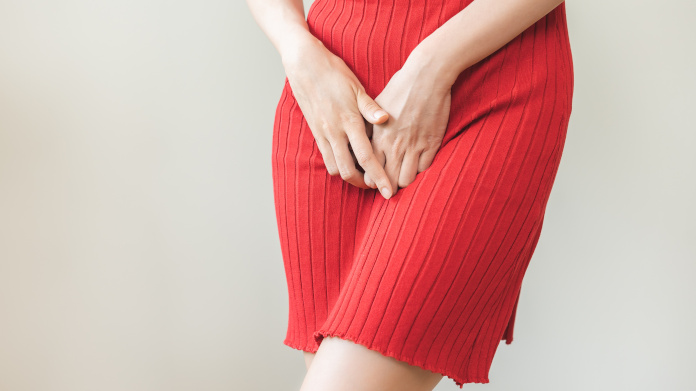In stock
Kidney Detox Formula + Tensix
No reviews
Read reviews
Your Expert
Ask anything about this product
Vegan
Gluten-free
Nanoparticle-free
No controversial excipients
Lactose-free
No sweeteners
Complete your selection
What is in Kidney Detox Formula + Tensix
Any questions?
You should seek advice from a health professional before taking Kidney Detox if you are:
- Allergic to plants from the Asteraceae family (aster, marguerite, chicory, etc.).
- Taking angiotensin converting enzyme (ACE) inhibitors.
- Taking synthetic diuretics.
- Being treated with a drug from the digitalis family.
- uffering from kidney failure (in which case your diet will be strictly controlled by a health professional).
We recommend taking 2 capsules morning and evening with a large volume of lightly-mineralised water (Evian, Mont Roucous).
For maximum efficacy, the following steps can also be taken alongside supplementation with Kidney Detox:
- Drink at least 2 litres of water a day. This is a simple and effective way of preventing kidney stones. Monitor the colour of your urine: if it’s not colourless or pale yellow, you’re not drinking enough. Avoid sugary drinks which tend to increase the risk of renal colitis, though a glass of lemon, orange or tomato juice is fine: the high citrate content of these fruit juices helps reduce the formation of stones.
- Reduce your intake of foods rich in calcium oxalate. Spinach, rhubarb, beetroot, Swiss chard, peanuts, chocolate, wheatgerm, tea, sweet potato and soya beans all contain oxalates. There’s no need to cut them out altogether but try not to combine them too often over the course of a day.
- Increase your potassium intake. The best way of doing this is to eat plenty of fruit and vegetables. Potassium reduces urinary calcium excretion.
- Eat more fibre. Insoluble fibre reduces calcium absorption in the gut, and thus calcium levels in urine.
- Reduce your salt intake and watch your blood pressure. Eating too much salt is associated with hypertension which predisposes to kidney disease. Over time, elevated blood pressure impairs the tiny blood vessels of the renal system, causing irreversible damage to it, and ultimately, kidney failure.
- Don’t smoke. Smokers are four times more likely to develop kidney failure: the heavy metals in tobacco cause tubular damage.
- Control your glycaemia. Type 2 diabetes has a significant effect on the delicate blood vessels which supply the kidneys. It’s therefore essential to keep a close eye on your blood sugar levels.
- Watch your intake of animal-source protein. Protein is filtered by the kidneys: eating too much (now the norm among most Western populations) contributes greatly to kidney damage.
- Raise the level or duration of your physical activity. A lack of exercise results in a gradual decline in bone mass which in turn leads to loss of calcium in urine.
This product’s capsules are composed of HPMC (hydroxypropyl methylcellulose), a plant substance derived from cellulose. HPMC is widely used for medicines and dietary supplements. It contains no animal ingredients, is recognised as safe by health authorities and is considered more sustainable than synthetic alternatives.
Need help?
You may also like
Secure payment
33 years of experience
Satisfied or your money back
Fast delivery

